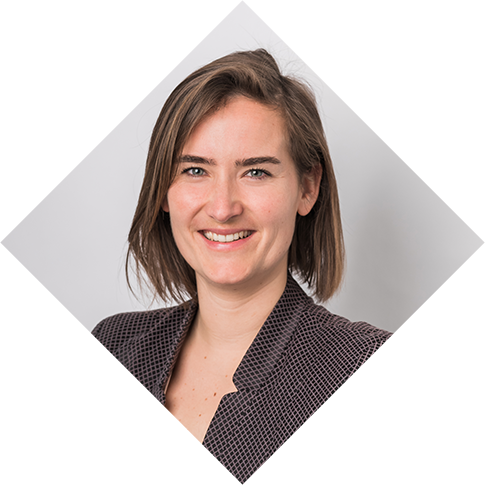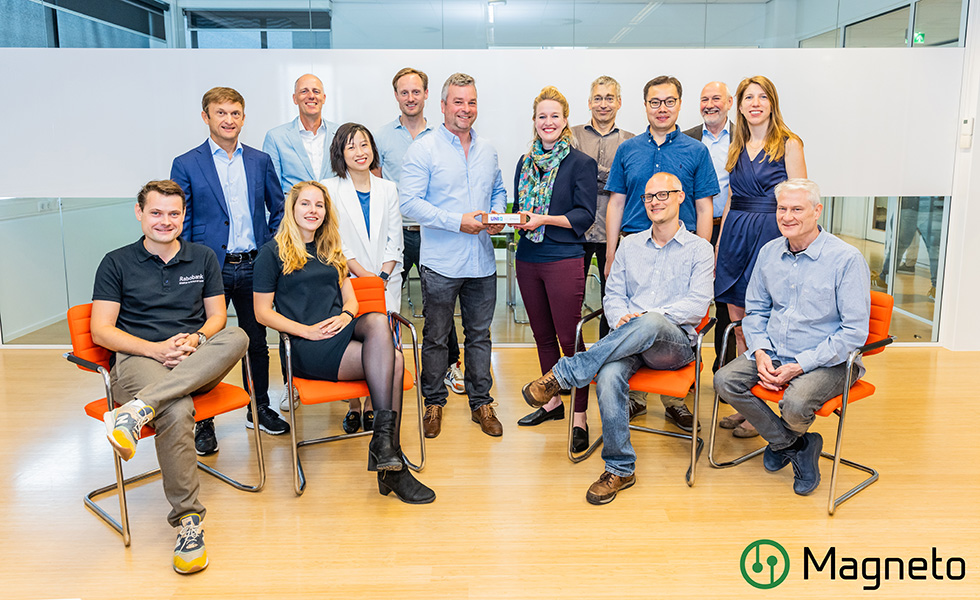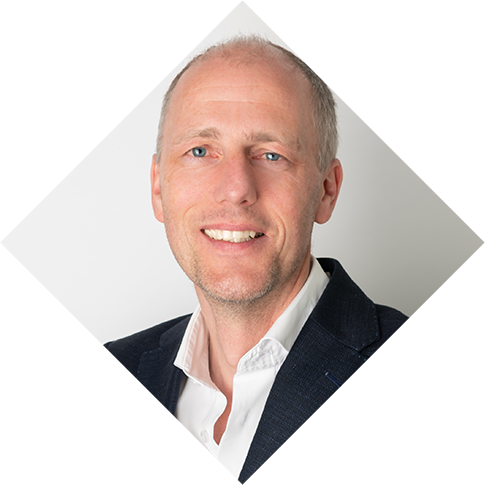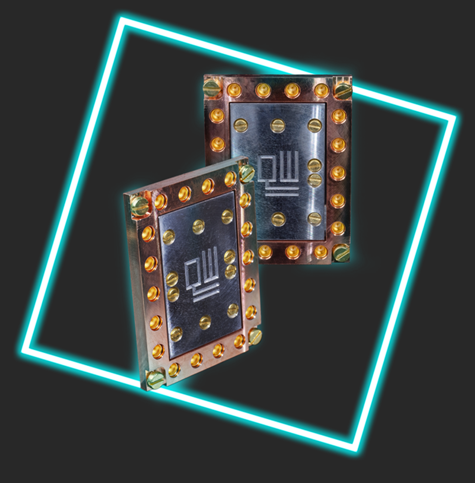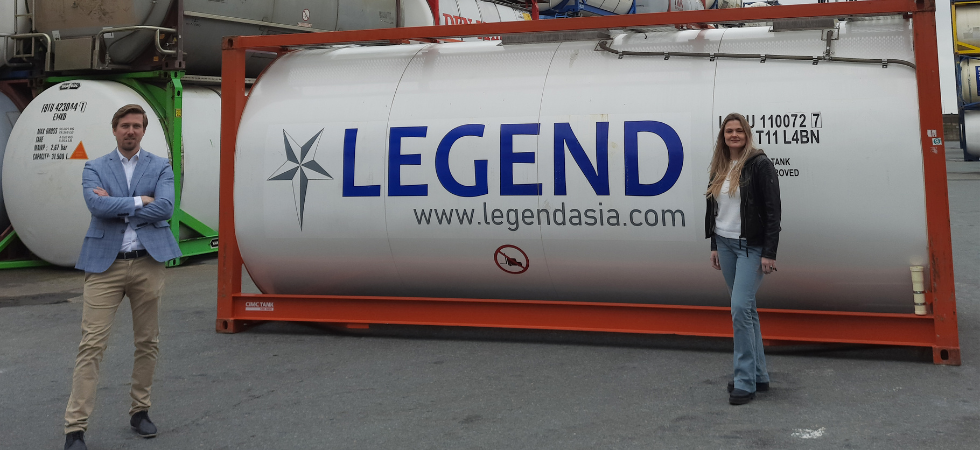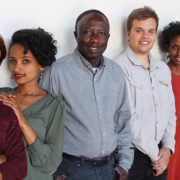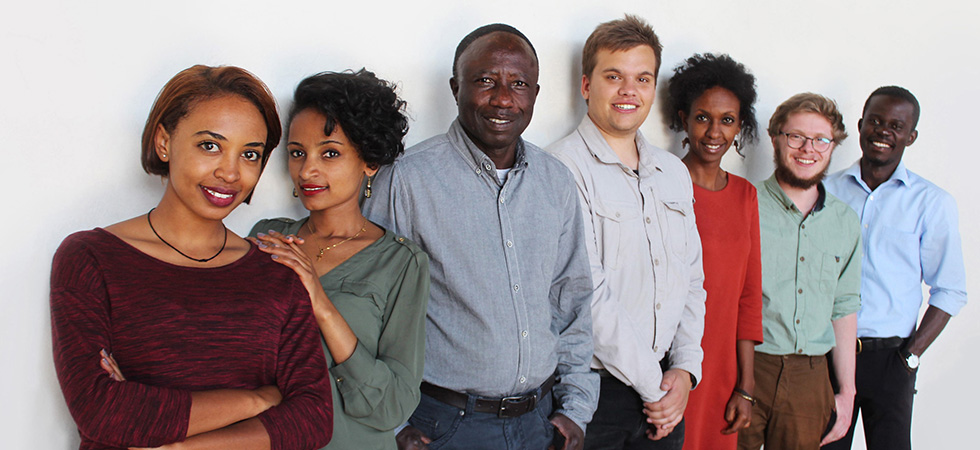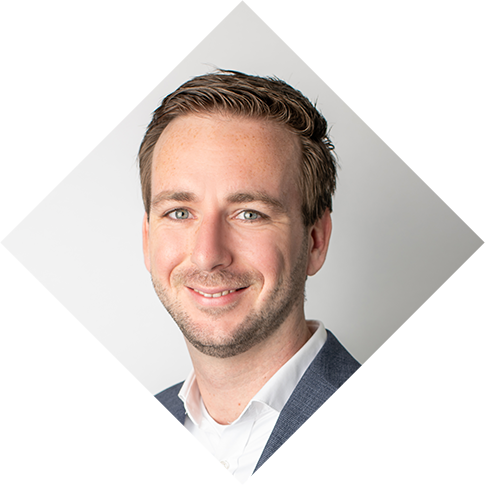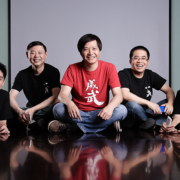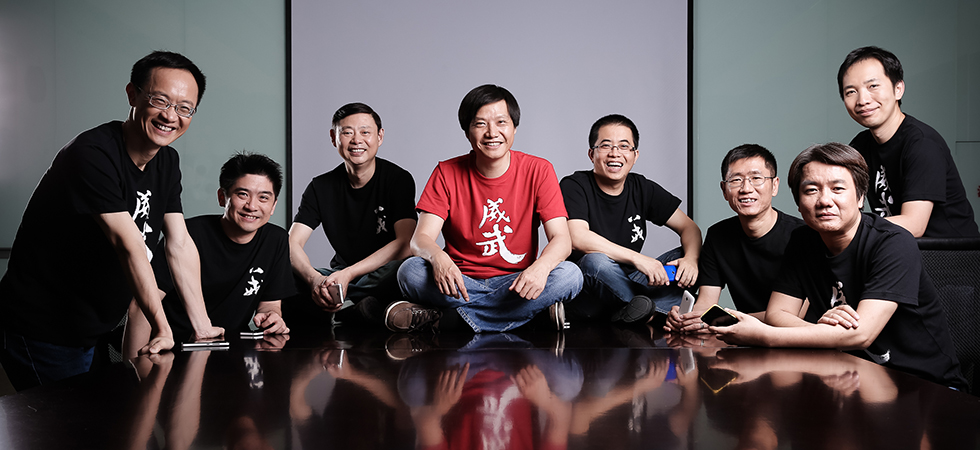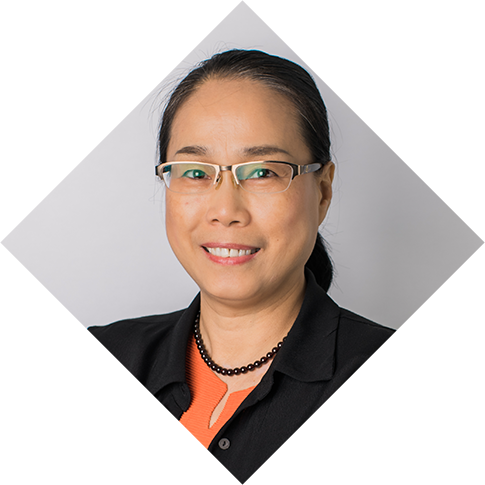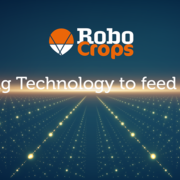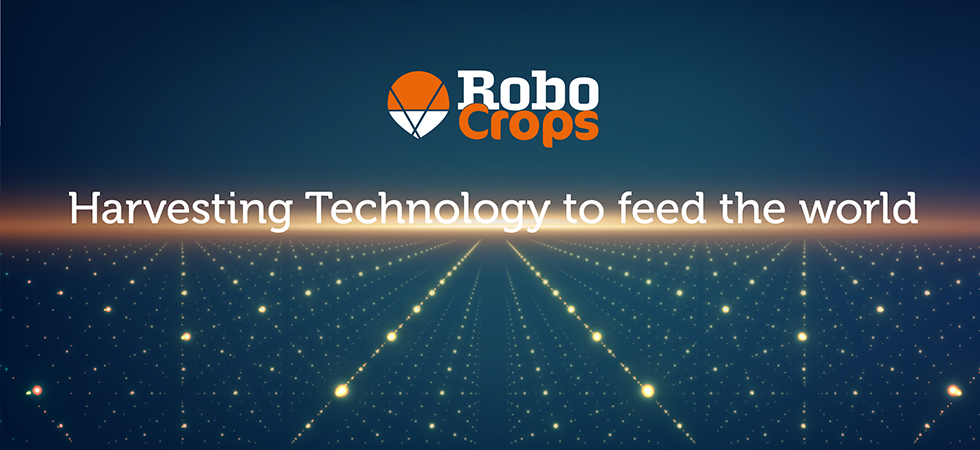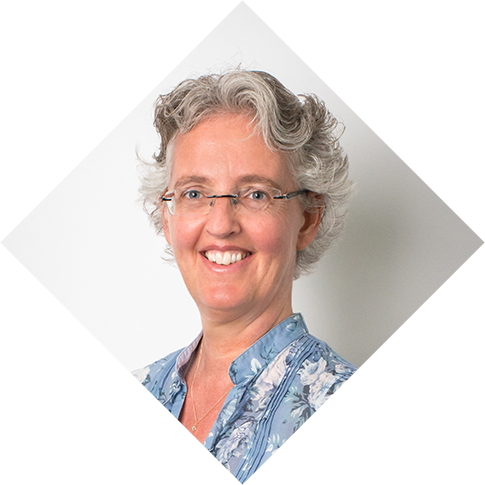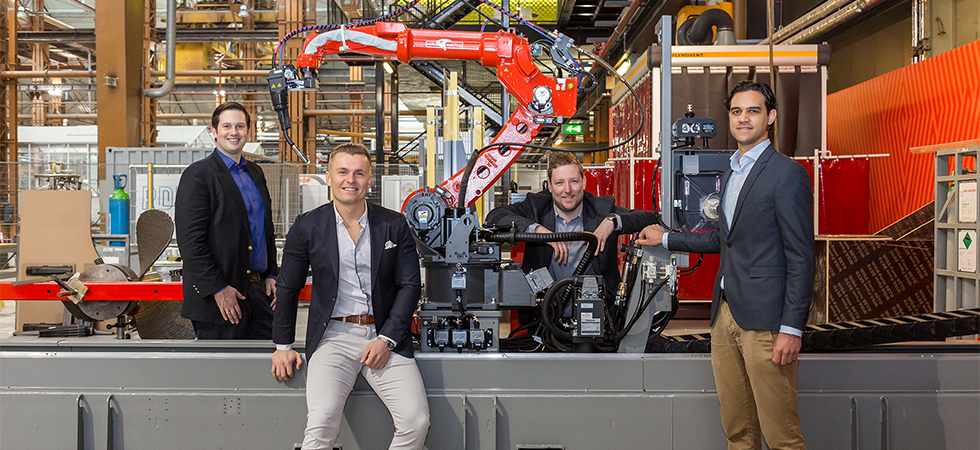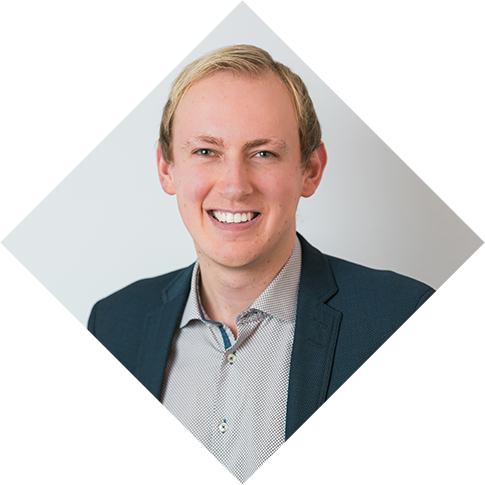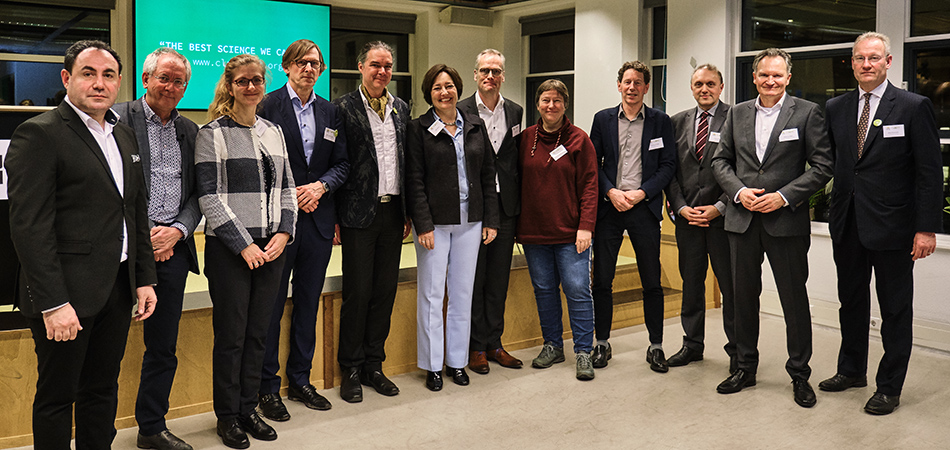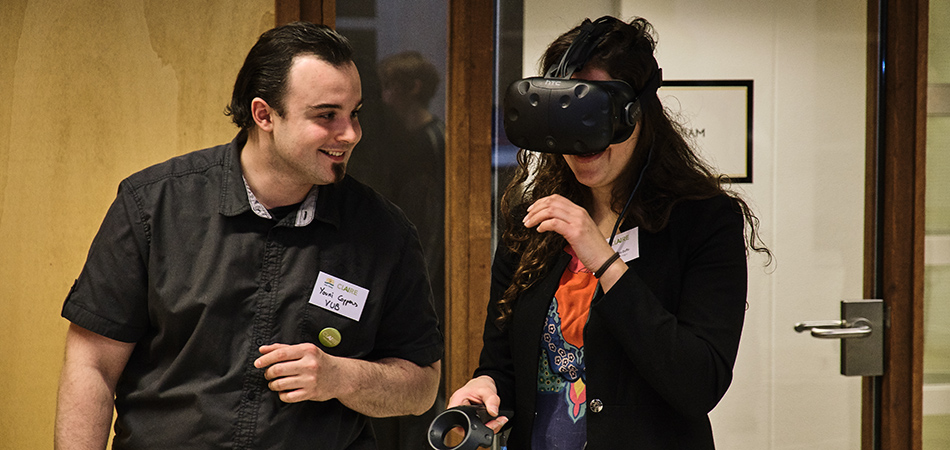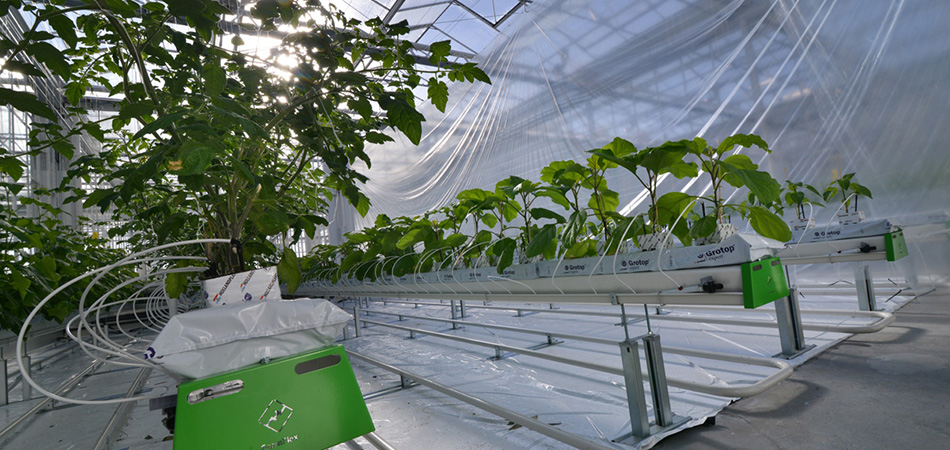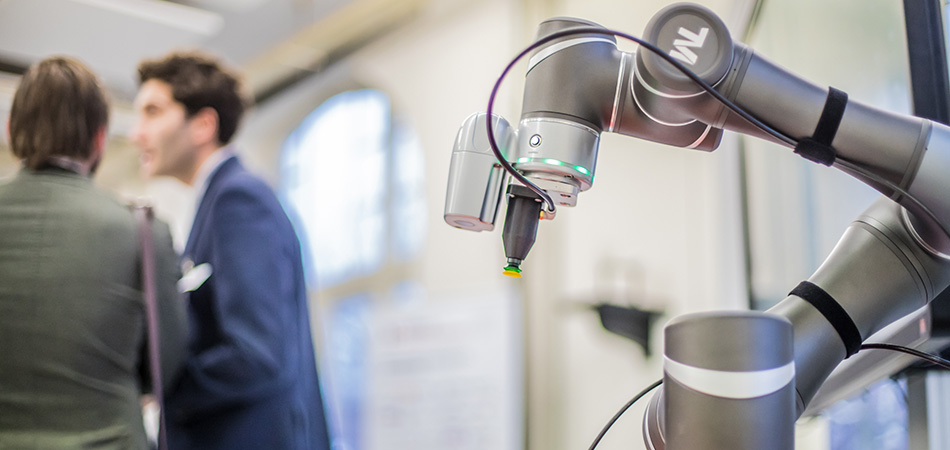Fifteen global telecommunication companies recently converged at a market consultation conference in Rotterdam, the Netherlands, expressing strong interest in the commercial development and exploitation of a new subsea data cable connecting London and Rotterdam, known as the ‘Erasmus’ cable. At the conference, companies found business partners to further explore the commercial development, exploitation and construction of this new subsea cable. A new route between the Netherlands and the UK would greatly increase the resilience of the data networks between both countries and beyond.
Anticipating the expected growth in data traffic between the UK and the Netherlands, along with the impending retirement of several existing cables, this new subsea cable could potentially secure an estimated bandwidth capacity of 90 to 170 Terabits per second (Tbps) by 2030, and capture a substantial 15% market share in data traffic volume. This cable strategically leverages Rotterdam’s key data exchange points, including AMS-ix and NL-ix, and taps into the thriving Dutch data center market. Additionally, it offers essential onward connectivity options to major European hubs in Amsterdam, Frankfurt, and Paris.
While the Netherlands is home to a number of hyperscale data centers, the Rotterdam region is characterized by a growing number of colocation data centers. In addition, Rotterdam is a strategic location for a new cable because it is a diversity path for the major European internet exchanges.
Stefan Ideler, CTO at the Rotterdam-based i3D.net: “Globally, we are one of the largest compute and connectivity service providers for gaming and real-time applications, serving customers like Discord, EA and Ubisoft. To deliver the most reliable user experience, we want to maximize the number of independent data routes to increase resilience, reduce latency and provide redundancy from the Amsterdam region. We intend to use the Erasmus cable to add another important connection to the UK, which is independent of connections terminating in Amsterdam or crossing through the Channel Tunnel.”

The ‘Erasmus subsea cable’ market consultation event drew over 20 industry leaders to Rotterdam.
The Dutch government recognizes the importance of international data transport infrastructure and is committed to strengthening the nation’s position as the digital gateway to Europe. The Netherlands Foreign Investment Agency and regional economic development agency InnovationQuarter work together to offer potential investors support with permitting processes, stakeholder management, or finding experienced contractors with specific local expertise. The city of Rotterdam is involved in this initiative, because the city wants to continuously improve the city’s digital connectivity.
Parties interested in the economic opportunities of a London – Rotterdam subsea cable are invited to contact martin.prins@innovationquarter.nl.




